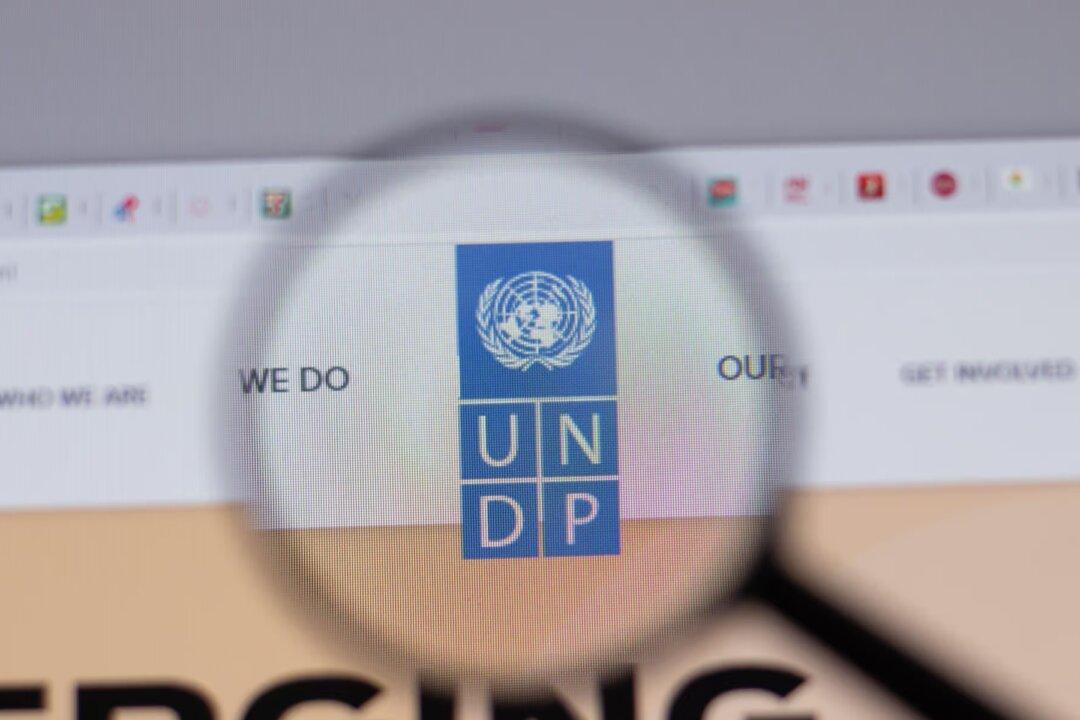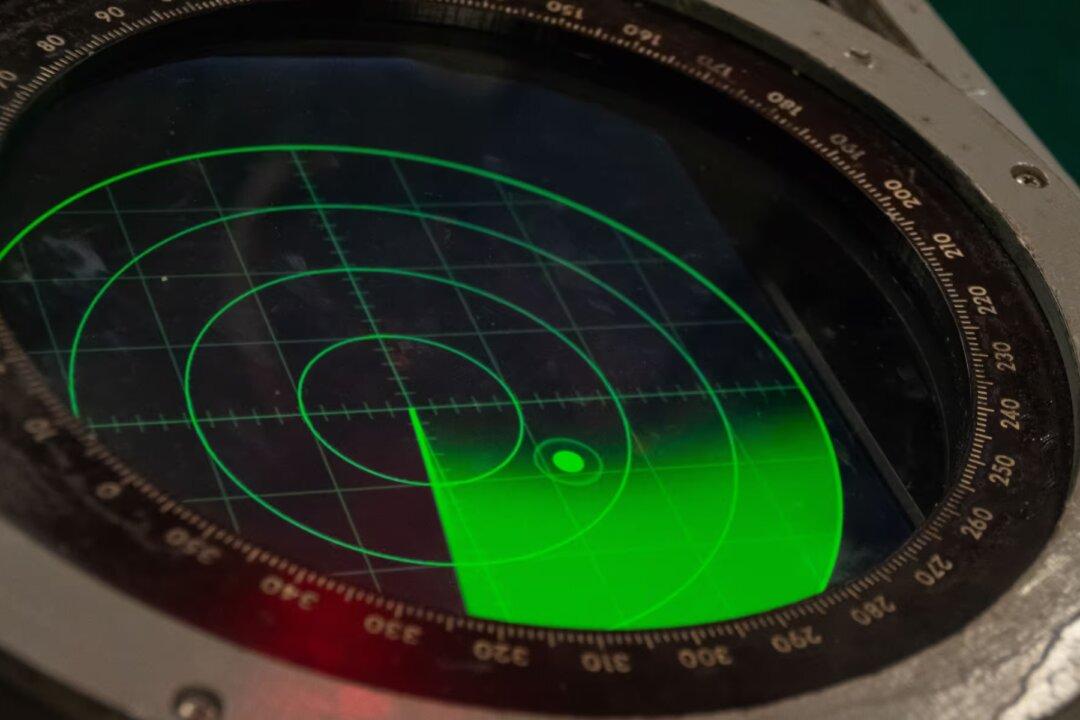Commentary
The U.N. Development Programme (UNDP) has quietly announced the rollout of an automated anti-disinformation tool, iVerify, this spring. The instrument, initially created to support election integrity, centers a multi-stakeholder approach spanning the public and private sectors to “provide national actors with a support package to enhance identification, monitoring and response capacity to threats to information integrity.”


